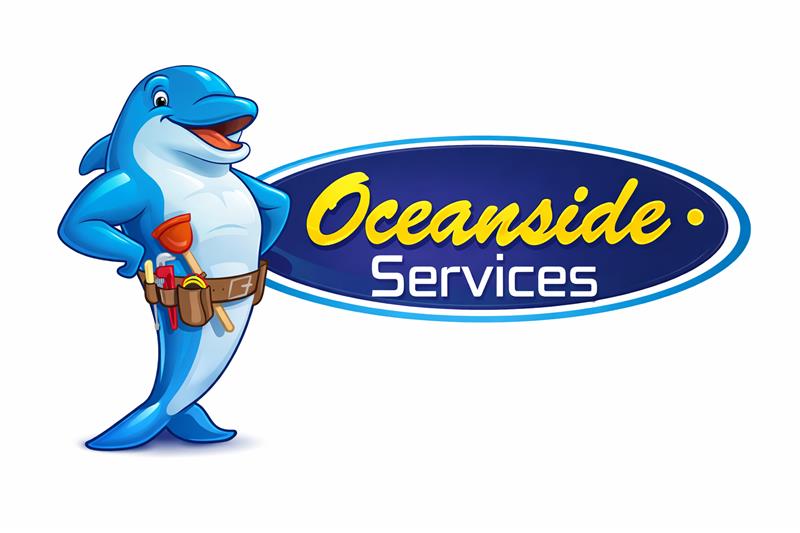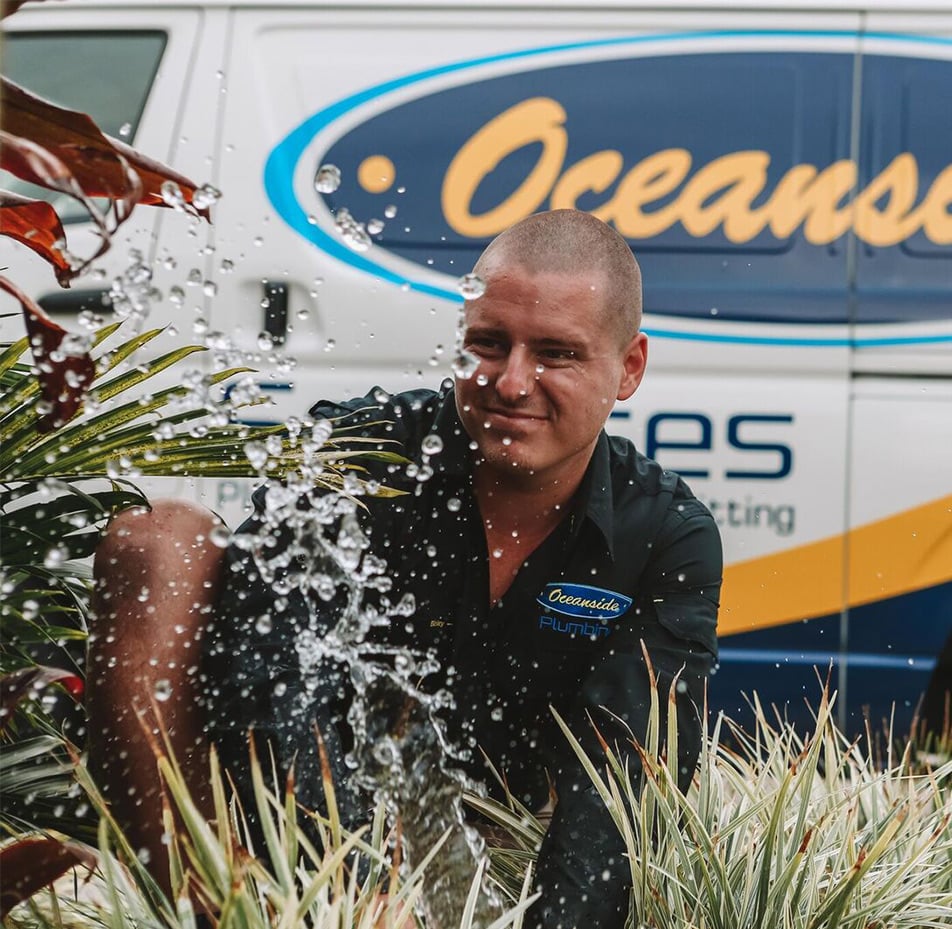Stepping into your first home comes with a mix of excitement and responsibility. One of the less glamorous but critically important parts of your property is its plumbing system. From your morning shower to running the dishwasher at night, plumbing plays a constant role in your daily comfort. But when you’re new to homeownership, it’s not always clear what to look out for or how to keep your system functioning smoothly. In this blog post, we’ll guide you in understanding and maintaining your plumbing system effectively so you’re not caught off guard by leaks, blockages, or cold showers.
The Basics of Residential Plumbing Every Homeowner Should Understand
Your plumbing system might be hidden behind walls and under floors, but knowing the fundamentals can go a long way toward preventing problems. Every home has two primary plumbing subsystems: one for bringing clean water and another for removing wastewater. These are connected through a series of pipes, fittings, valves and fixtures.
Key elements to understand include:
- Pipes (copper, PVC or PEX) distribute clean water throughout your home.
- Valves control the flow of water to different parts of the property and allow for easy shut-off in emergencies.
- Drainage systems and vent pipes ensure wastewater is removed efficiently and prevent gases from entering your home.
Understanding where your shut-off valves are located and being familiar with the general flow of water in your house can save you time and stress when issues arise.
How to Identify Early Signs of Plumbing Issues Before They Escalate
Many serious plumbing problems start with subtle signs that are easy to overlook. New homeowners can benefit from proactive observation.
Watch out for:
- Dripping taps or running toilets often signal worn washers or faulty valves.
- Slow-draining sinks or showers may indicate partial blockages in the pipes.
- Water stains on ceilings or walls suggest hidden leaks behind plasterboard or cabinetry.
Addressing small symptoms early often prevents larger problems like burst pipes or structural water damage.
Why Routine Plumbing Inspections Should Be on Your Annual Checklist
Routine plumbing inspections aren’t just for old houses—new homes benefit from them, too. Booking an annual inspection with a licensed plumber can detect issues before they become major.
Benefits of regular inspections include:
- Early detection of corrosion, leaks, or pipe degradation.
- Ensure consistent water pressure and identify any hidden blockages.
- Checking hot water system performance, especially in colder months when demand increases.
Plumbers also test for backflow issues, assess stormwater drainage systems, and inspect outdoor plumbing connections. Staying ahead with scheduled checks reduces unexpected repair bills down the line.
Choosing the Right Fixtures: Balancing Style & Functionality
Home upgrades often prioritise looks, but practical performance is just as important when it comes to plumbing fixtures. The right choices can enhance your space while supporting long-term ease of use and reliability.
Consider these factors when selecting fixtures:
- Opt for designs that complement your space without compromising usability.
- Choose fixtures made from durable materials to ensure they withstand regular use.
- Ensure new fittings align with your home’s existing plumbing to avoid additional work.
Speaking with a plumber before purchasing can help avoid mismatches, performance issues, or compatibility problems, ensuring your selections meet your lifestyle and technical needs.
What Every Homeowner Should Know About Hot Water Systems
Your hot water system is one of the hardest-working appliances in your home. Knowing the type you have—whether it’s a storage tank, continuous flow, solar, or heat pump—is essential to maintaining it properly.
Be aware of signs of trouble, such as:
- Inconsistent or lukewarm water temperatures may indicate thermostat or element faults.
- Discoloured water suggests internal corrosion in the tank or sediment buildup.
- The noisy operation can result from mineral deposits affecting performance.
A licensed plumber can service your unit, perform pressure tests, replace faulty valves, and recommend energy-efficient upgrades tailored to your household size and water usage.
Understanding Water Pressure & Its Impact on Your Home
Water pressure might not be the most obvious concern, but it affects how well your plumbing operates—and how long it lasts. High pressure may seem great in the shower, but it can strain pipes and fittings over time.
Common pressure-related problems include:
- Water hammer (banging noises in the pipes) is caused by excessive pressure or poor pipe support.
- Slow-filling toilets or weak taps due to low pressure.
- Leaks or blown fittings are caused by uncontrolled high pressure, especially in older homes.
If needed, a plumber can assess your pressure levels and install a pressure-reducing valve. They’ll also inspect for pressure drop causes, such as clogged filters or valves that aren’t fully open.
Common Plumbing Mistakes New Homeowners Make (& How to Avoid Them)
Inexperience often leads to avoidable plumbing problems. It’s easy to underestimate the impact of daily habits or DIY efforts that can backfire.
Mistakes to avoid:
- Use harsh drain chemicals, which can corrode pipes and compromise seals.
- Ignoring dripping taps or constantly running toilets leads to water wastage and higher bills.
- Attempting complex repairs without the right tools or knowledge often results in further damage.
Instead, engage a licensed plumber for installations and repairs. Their expertise ensures proper fitting, sealing, and testing for all fixtures and systems.
How to Find a Trusted Plumber Near You for Ongoing Support
Having a go-to plumber is invaluable, especially when something goes wrong unexpectedly. Building a relationship with a reliable professional helps ensure fast response times and familiarity with your home’s system.
Here’s what to look for:
- A fully licensed and insured plumber with clear credentials and scope of work.
- Positive reviews and word-of-mouth recommendations from neighbours or local community groups.
Ask about their services—many provide 24/7 emergency support, installation, maintenance, leak detection, and hot water system services. Consistency matters, so choosing one provider for all your plumbing needs creates peace of mind.
Secure Your Home’s Plumbing with Trusted Local Support
At Oceanside Services, we’re here to support new homeowners with practical plumbing solutions tailored to your property. From routine inspections and water-saving upgrades to emergency plumbing and hot water system installations, our plumbers on the Gold Coast have got the tools and expertise to keep your home running smoothly. Contact us today!



 5 Star Service
5 Star Service 




